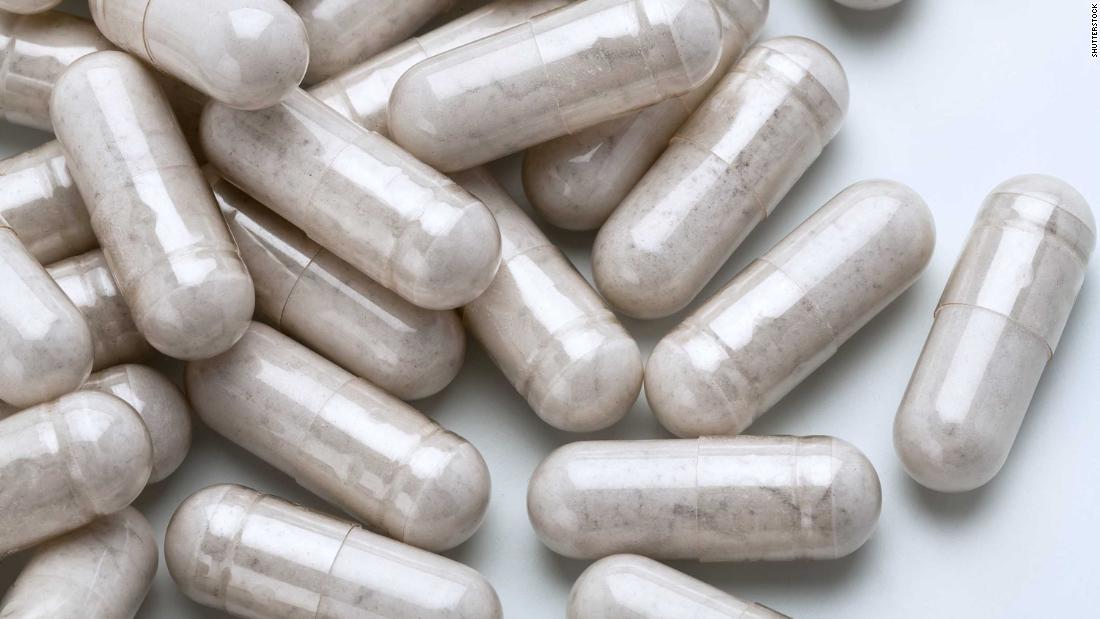
Many of us instinctively feel the connection between our gut and our brain. That connection And how the variety of bacteria that reside in our digestive tract, our microbiome, could help treat mental illness has become a field of interest to scientists in recent years.
A new review of the medical literature has suggested that probiotics (foods or supplements that contain microbes that are believed to exert a positive influence on our gut) may help alleviate depression.
“This is good quality research, but it is a review of relatively preliminary data,” Allan Young, professor of mood disorders at the Institute of Psychiatry, Psychology and Neuroscience at King’s College London, told the Science Media Center in London. .
“So while this systematic review of the research literature supports the notion that prebiotics and probiotics may be helpful for people with anxiety and depression, more research is needed. These data warrant larger trials.” said Young, who was not involved in the review.
Researchers at the University of Brighton and Croydon University Hospital in the UK analyzed 71 studies published between 2003 and 2019 that looked at how probiotics and prebiotics, compounds that help probiotics to thrive, can help adults with depression and / or anxiety disorders.
Only seven were considered robust enough to include in the systematic review, but all showed “significant improvements” in measuring the effect of taking pre / probiotics compared to no treatment or a placebo. While probiotic supplements, alone or in combination with prebiotics, may be linked to measurable reductions in depression, the possible contribution to decreased anxiety was not yet clear, according to the study.
The researchers said their review had several caveats: none of the included studies lasted long; and the number of participants in each was small.
This made it difficult to draw firm conclusions about the overall effects, how long they lasted and whether there could be unwanted side effects associated with prolonged use, they said.
David Curtis, a retired psychiatrist consultant and honorary professor at University College London, said probiotics were unlikely to have an effect on mood.
“Although these published studies claim to show some benefits of probiotics in depression, we have no idea if there were other studies that did not show any effects that were not published,” he told the SMC.
“People with depression should seek medical advice and not try to be treated with dietary supplements, which are not of proven benefit.”
Knowledge gap
First, probiotics can help reduce the production of inflammatory chemicals, such as cytokines, or they can help direct the action of tryptophan, a chemical that is considered important in the gut-brain axis in psychiatric disorders.
Second, people with depression often have other underlying conditions as well, such as impaired insulin production and irritable bowel syndrome, and probiotics can influence how a person experiences depression by alleviating these conditions.
However, the case for the use of probiotics in the treatment of digestive disorders is unclear.
“We are still learning about the numerous and complex communication pathways between the brain and the gut. It is certainly plausible that microbiome-targeted therapies can improve aspects of depression and anxiety by alleviating an individual’s GI,” said Dr. Geoffrey. Preidis, spokesperson for the association and a pediatric gastroenterologist at Baylor College of Medicine and Texas Children’s Hospital.
“AGA’s review of the current evidence base did not find sufficient evidence to recommend probiotics for IBS at this time. However, future clinical trials will address this knowledge gap, so we must continue to evaluate the rapidly changing evidence in this exciting field. ” he said via email.
Popup field
Probiotics have become more popular as researchers have learned more about the role of our gut bacteria, or microbiome, in our gastrointestinal health, and probiotics promise an effective way to alter the microbiome for our benefit.
The studies in the review looked at 12 probiotic strains, mainly Lactobacillus acidophilus, Lactobacillus casei and Bifidobacterium bifidum. One study looked at combined preprobiotic therapy, while one looked at prebiotic therapy alone.
John Cryan, professor and chair of the department of anatomy and neuroscience, and principal investigator at the Food Pharmabiotic Center, University College Cork, said it was important to identify which strains had that effect.
“We know that strains really matter, and this review cannot identify what the specific strains that produce them are about with beneficial effects,” he told SMC.
“As this review highlights, there is a great need for longitudinal studies for different strains and psychobiotic diets, as well as independent or complementary therapies in anxiety and depression.”
.